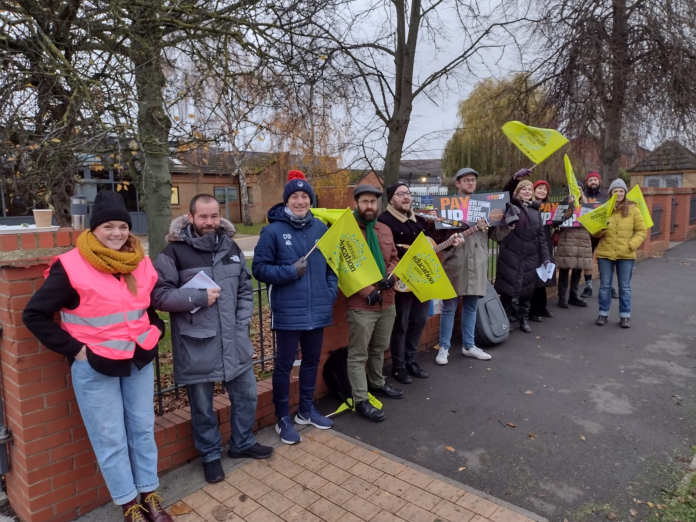Emily Hotine, Oxford Socialist Party
Before I was a socialist, I was a liberal. I viewed the world through a particular brand of feminism.
My approach to socioeconomic issues was grounded in a moralistic belief that people should be treated fairly, offered equal opportunity, and enabled to regardless of background.
I wouldn’t say I was wrong. I still believe that we should fight for those ideals.
But in that frame of mind, I would have supported Elizabeth Warren over Bernie Sanders, and cheered Oprah Winfrey being one of the most powerful and richest people in the US.
This perspective left me disappointed, because these people attaining power were never anything more than a symbolic changing of the guard. Nothing changed. Amy Coney Barrett voted to overturn Roe v Wade, Barack Obama bombed Syria, and Margaret Thatcher privatised Britain’s most important industries and took milk away from school children.
Class
I wouldn’t have been able to understand what could motivate Amy Coney Barrett to strip away abortion rights, or Priti Patel to deport asylum seekers to Rwanda. But as I read more writers like bell hooks, and listened to perspectives that I’d initially dismissed, I began to see a greater unifier among those with power – class.
The more I read, the more I could make sense of what was happening around me. As long as people can profit from exploitation, exploitation will happen.
I now see that capitalist women politicians will happily strip away women’s rights, and being a second-generation immigrant won’t keep someone from defending a racist capitalist system.
Class is our greatest unifier. Class is the most consistent and accurate indicator of disadvantage.
And those in the wealthiest class of our society are incredibly effective at mobilising to protect their own interests. The upper classes have class solidarity, so it’s time the working class followed suit.







